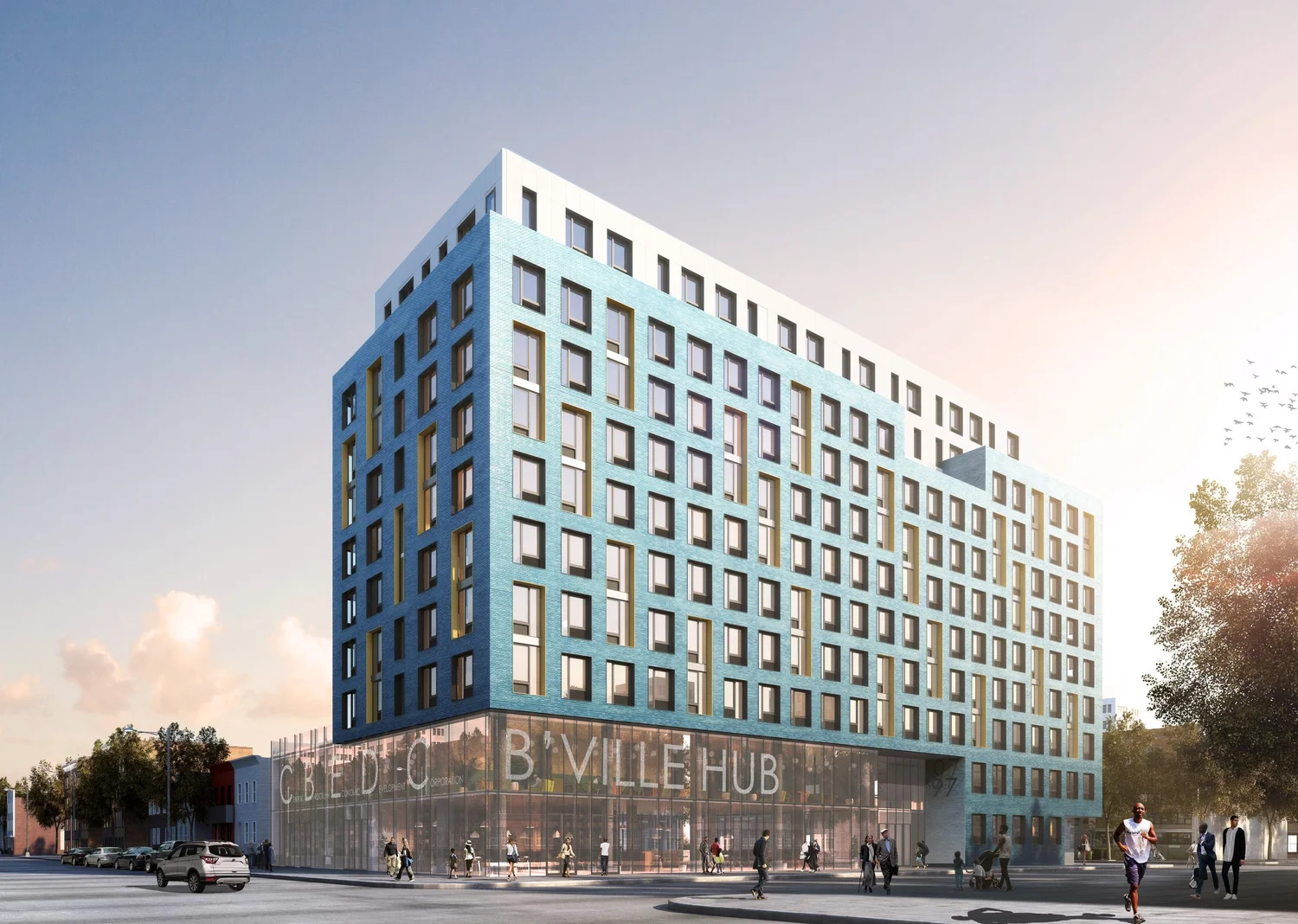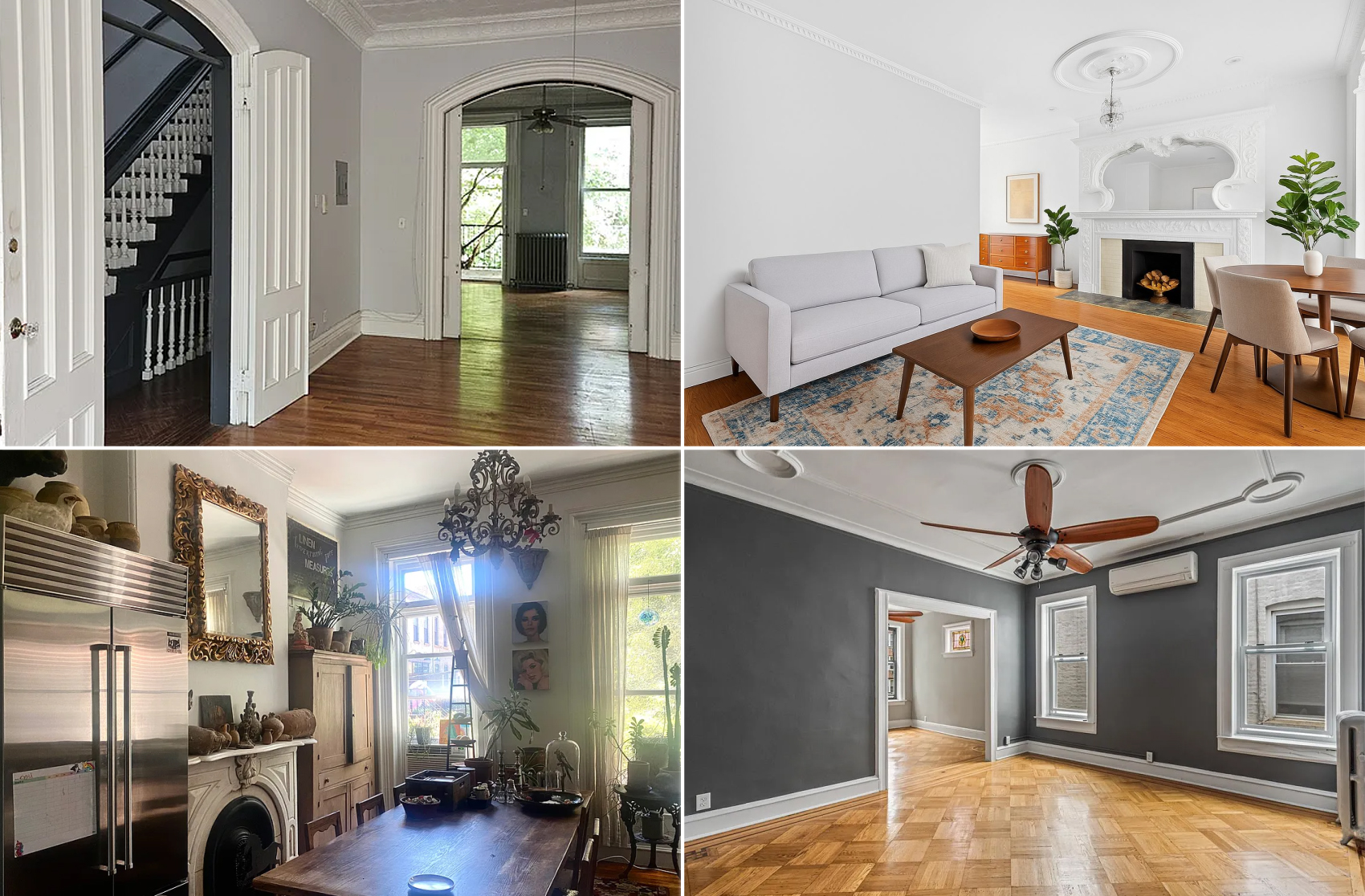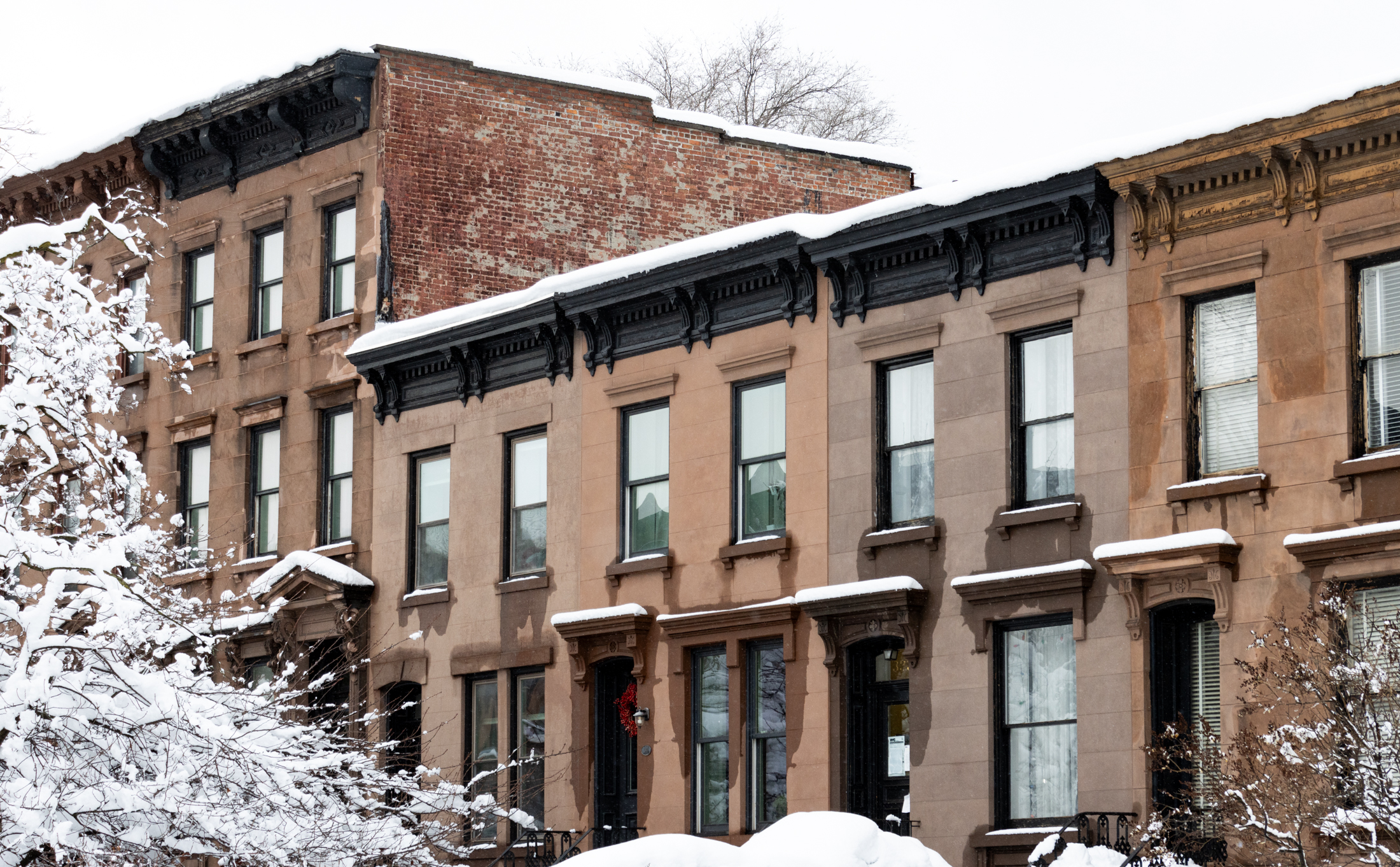Since When Are Banks Anti-Gentrification?
We certainly can understand the moral reasons behind pressuring landlords to repair their buildings (as well as the p.r. benefits), but we were a little surprised to see the banks take such an explicit stance on a related social issue: A coalition of housing advocacy groups and two large banks that hold mortgages on hundreds…
We certainly can understand the moral reasons behind pressuring landlords to repair their buildings (as well as the p.r. benefits), but we were a little surprised to see the banks take such an explicit stance on a related social issue:
A coalition of housing advocacy groups and two large banks that hold mortgages on hundreds of apartment buildings in New York City announced an unusual agreement yesterday under which they will use the banks’ leverage as lenders to pressure landlords into repairing dilapidated buildings.
The agreement between the coalition, Housing Here and Now, and the banks, Citigroup and New York Community Bank, represents a new weapon against landlords reluctant to make repairs. Housing advocates hope to use this tool not simply to fix leaks and crumbling plaster, but also to shore up low-income neighborhoods and make them less vulnerable to gentrification.
Banks Press Landlords on Repairs [NY Times]





some of the landlords want to sell their crappy ass buildings and they should sell them. cause why would you want a crappy ass landlord to be in business by asking them to fix up their buidlings and such. have them sell it and have new owners fix it. instead of forcing the old slum lords to fix it. they dont care and they should be put out of business
1. Re: MCI increases. Tenants do not have any say if a landlord decides to put in new windows. And MCI pass-alongs can apply to a single apartment, in the case of a new stove, for instance.
2. If this program is intended to cure building violations, then the money loaned would not be for Major Capital Improvements. Repairing walls, ceilings, leaky roofs, etc., are not Major Capital Improvements. They’re routine maintenance.
Housing Here and Now specifically took the bank approach because complaining to the city about negligent landlords rarely does any good…violations at DOB and HPD linger for years, with little repercussions for the offending landlord.
Yes, it is good PR for the banks, but it also helps them comply with their obligations under the Community Reinvestment Act.
Money makes the world go around, That’s why there will never be a peaceful coexistence between the two colors.
Bx2Bklyn, she was a rarity because she could afford it. 4-5 years ago, real estate investment was the big thing because a lot of people wanted to ‘retire young’ or ‘live rent free’.
Most new landlords in brooklyn probably can’t afford it and will most likely have to raise rents in order to break even. The typical landlord is probably paying more in mortgage and maintenance than they would if they rented.
“NYC was liberal”.
Guess again.
There’s a changing demographic at work here. It will be a very long time, maybe the next generation (rebels), before nyc regains it’s liberal status. But that’s another discussion.
Anon 11.34, I think your interpretation that the banks are using their power to protect low income residents is what is incorrect. If you believe that is the motivation behind this renewed push by the banks, you are wrong. Lending institutions are simply encouraging upkeep of the assets that secured their loans. It is great that it helps the residents in run down buildings, but that is not the driver behind the bank policy. To the extent it is a regulatory requirement imposed upon the banks, then it is simply a compliance inititiave by the banks. Beyond that, it is a way to protect bank assets in the event of default/foreclosure on a loan, simple as that. If anyone has taken the “free market line hook and sinker” it is the lending institutions. Don’t kid yourself.
Bx2Bklyn – Buildingwide MCI’s require the entire building to receive the improvement, i.e. if you are putting in new windows, all apartments must receive them (although LL has option of whether to pass on increase). Apartment MCIs are passed on at different rate (1/40th) and would require an existing tenants approval.
Your right if your LL didnt pass on buildingwide MCIs to you —she was rare and if she bought the building w/ today’s valuations she’d be crazy too (or very rich and philanthropic) b/c you barely can make any $ based on the current prices and if you have any major capital costs you’ll be seriously in the red.
Having lived in a rent-stabilized apartment for years, I saw rents go up when the landlord put in new windows. I couldn’t afford what would have been what would have been an increase of 125-150$ a month so we didn’t do my apartment. But when one of the old windows broke and had to be replaced, I got a new window without and increase. I have to say that my former landlady was great to me over the years and she did many capital improvements in the building without raising the rents. She was a rarity.